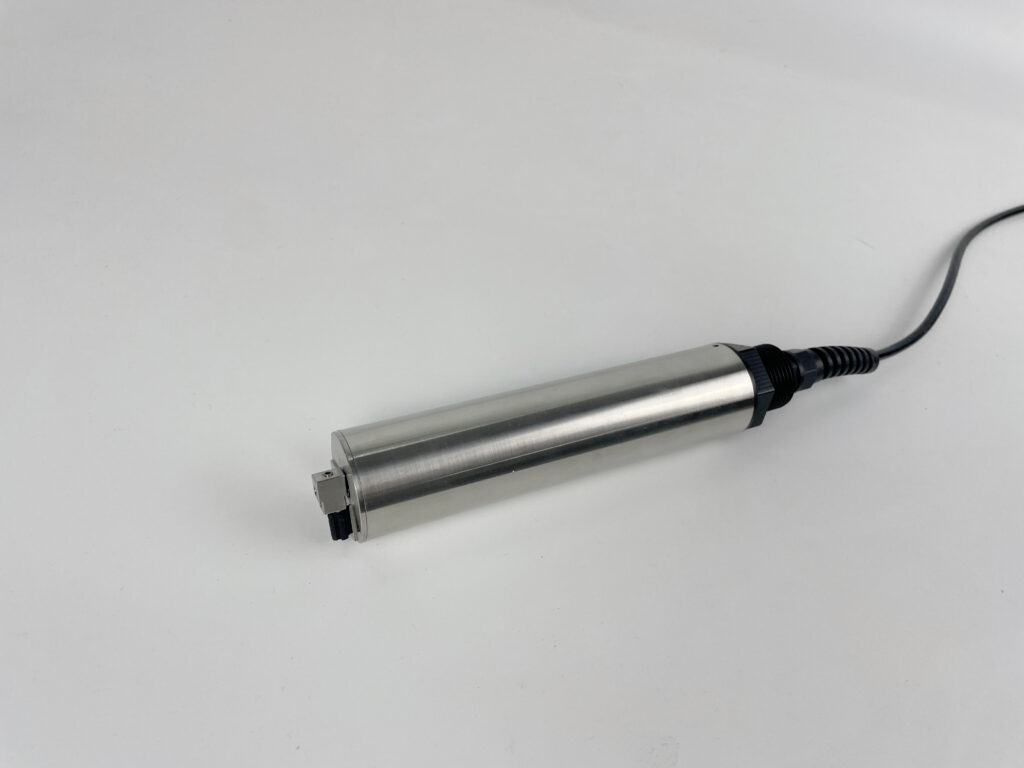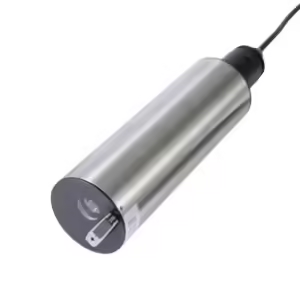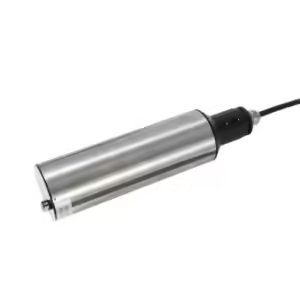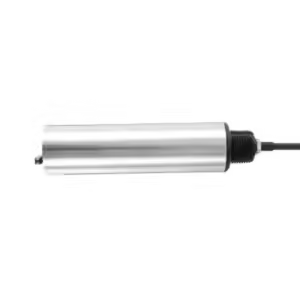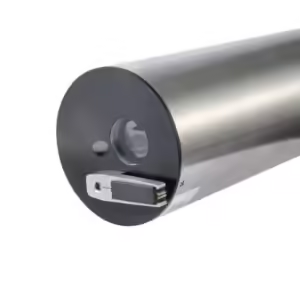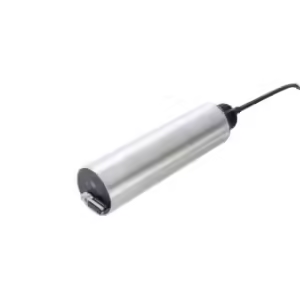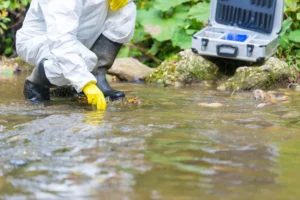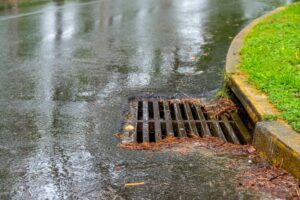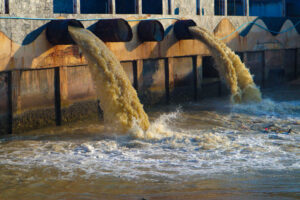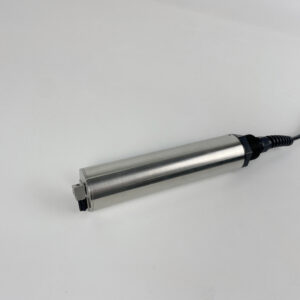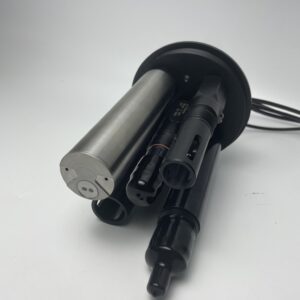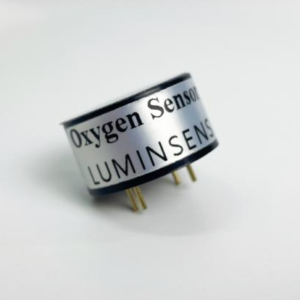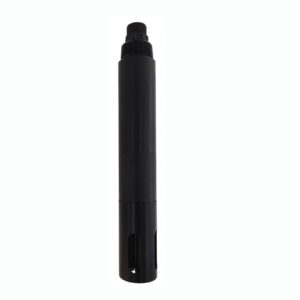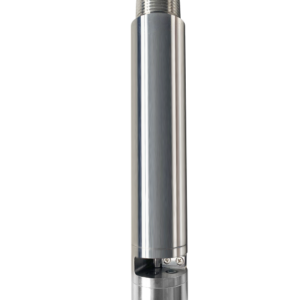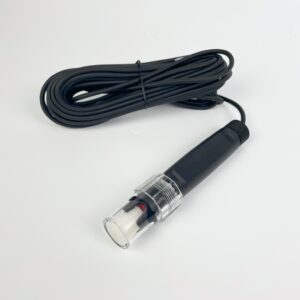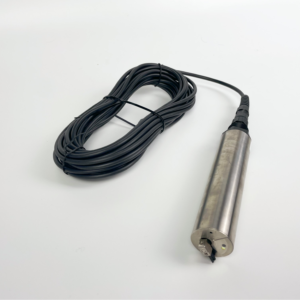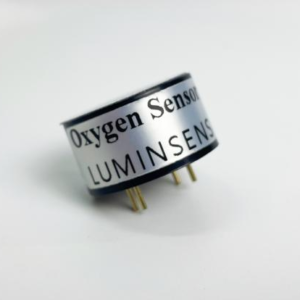The TSS sensor, also known as sediment sensor or sludge level sensor, is a specialized device used to monitor the accumulation of sediment or sludge in various systems, such as wastewater treatment plants, industrial tanks, and environmental monitoring applications.
Typically, a TSS sensor consists of a probe or sensor element inserted into the medium being monitored, such as a sedimentation tank or a wastewater treatment basin. This probe utilizes various technologies such as ultrasonic, optical, or pressure-based methods to detect the presence and level of sediment or sludge.
Once installed, the TSS sensor continuously measures the thickness or depth of the sediment layer. This information is then transmitted to a control system or monitoring unit, where it can be analyzed and used to make informed decisions regarding maintenance schedules, system optimization, or process control.
The utilization of TSS sensors offers several benefits, including improved efficiency in sediment removal processes, enhanced system performance through timely maintenance interventions, and the ability to prevent potential issues such as equipment damage or overflow events.
Overall, TSS sensors play a crucial role in ensuring the effective operation of various industrial and environmental systems by providing accurate and real-time data on sediment levels, ultimately contributing to improved process efficiency and environmental compliance.
Send Inquiry